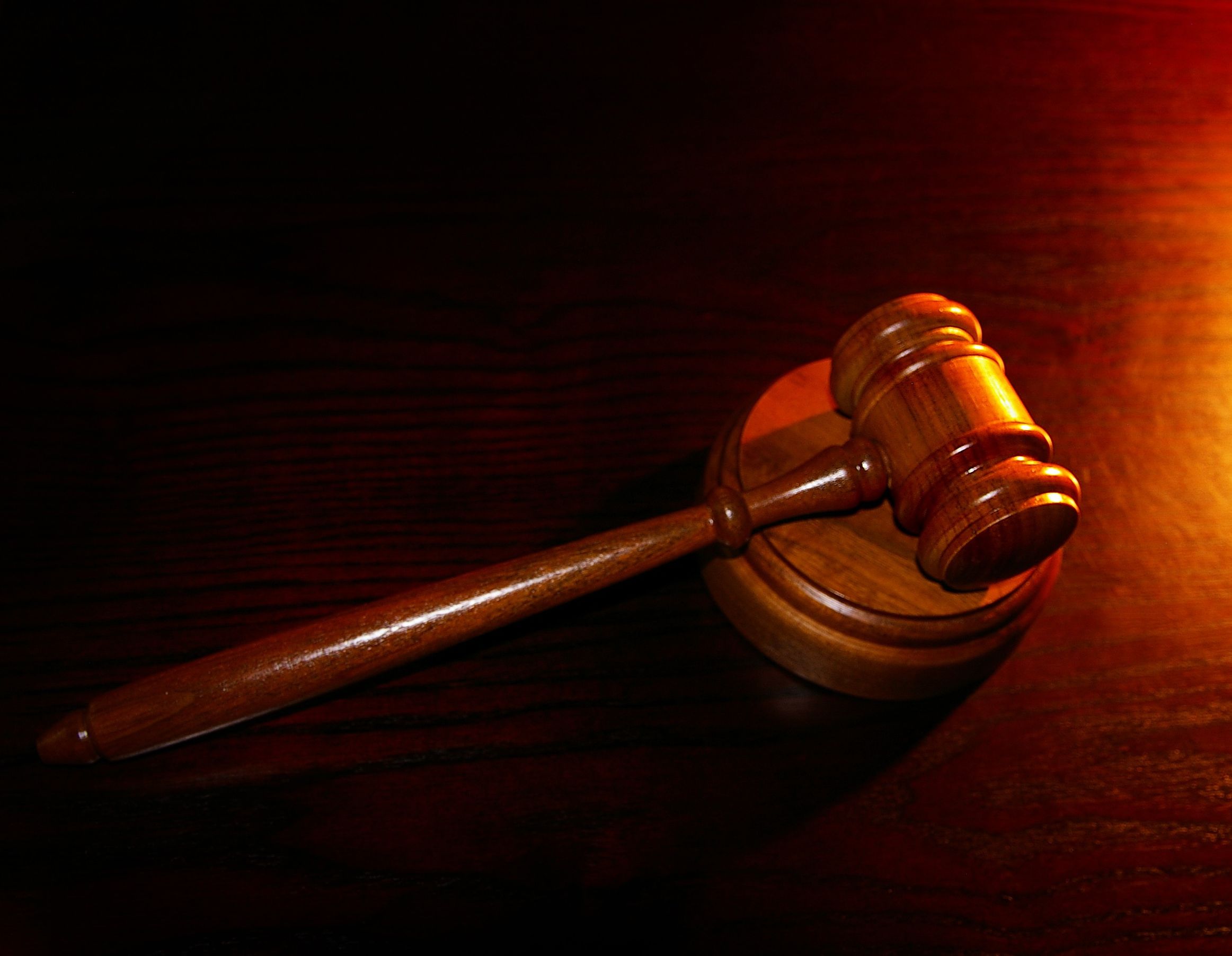Although it is most unfortunate, many people over the last few years of financial uncertainty have reached the point where their debt load has become unmanageable, for these people the logical solution appears to be filing for bankruptcy. There are a number of reasons why this happens; perhaps the individual is laid off from his or her job or perhaps health or simply poor financial decisions that were made. It really does not matter what the reason is, when faced with this situation there are a number of decisions that must be made, one of which is to speak to a bankruptcy attorney in Salt Lake City to determine which of the types of bankruptcy available offers the best possible solution.
There are two forms of bankruptcy which are by far the most common; Chapter 7 and Chapter 13. Chapter 7 is available for both consumers and small business, this type is often called “straight” bankruptcy. When an individual or small business declares Chapter 7 they are obliged to list all of their non-exempt assets and turn them over to a trustee who is appointed by the court, the trustee disposes of these assets, usually through public auction. The money from the sale is then applied to the debt. The majority of those that elect Chapter 7 have very few assets of any value; people who have significant assets normally opt for Chapter 13. Once discharged, the individual that declared Chapter 7 will be free of all but a few debts such as student loans and child support.
Chapter 13 is considerably different than Chapter 7. A bankrupt individual under Chapter 7 has his debts cancelled, not so in Chapter 13. Chapter 13 bankruptcies expects that a certain amount of the petitioners debt eventually be repaid, there is no forced sale of any assets. The petitioner and his bankruptcy attorney in Salt Lake City are obliged to develop a repayment plan which is acceptable to the court. Depending on the level of debt the court will decide a time frame for this to happen, the normal time frame is between three and five years but not longer.
Declaring bankruptcy does not eliminate all debt. The bankrupt remains liable for any outstanding student loans, child support, spousal support and taxes; these items are not negotiable. Recent charges to a credit card and criminal fines must also be paid. Although, when it is all over, the petitioner will be free of debt, he or she will be faced with the task of rebuilding their credit worthiness, this is something that can take as long as ten years. Re-establishing your credit score is one thing, getting credit is another matter altogether. Although credit will be available the interest rates will remain high as a bankrupt is seen as a credit risk.
If you are considering bankruptcy as your only solution you will want a bankruptcy attorney in Salt Lake City. You are invited to contact the law office of Andrew B. Clawson, PC.


